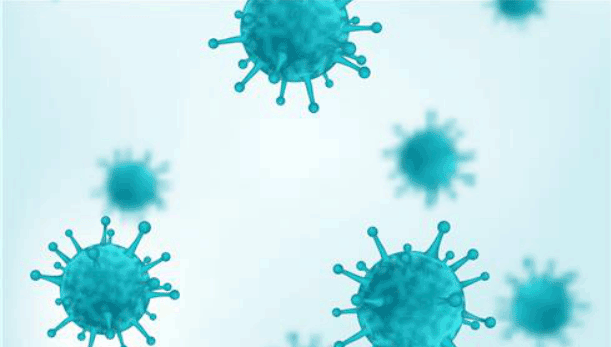Support
Natural autoantibodies (NAA) are closely related to the diseases. They may be involved in a variety of physiological activities, from immunomodulatory, homeostasis, and repertoire selection, to anti-infection, transport, and functional regulation of bioactive molecules. Creative Biolabs has a team of experienced professionals and an advanced technology platform to provide a full range of NAA services for infectious diseases research.
Overview of Infectious Diseases

An infectious disease is an illness caused by a pathogen or its toxic products, transmitted from an infected person, animal, or a contaminated inanimate object to a vulnerable host. The infected organism or pathogen interferes with the normal function of the host and can lead to chronic wounds, gangrene, and even death. Knowledge of emerging infectious organisms and the mechanism of transmission is essential to prevent from spreading of diseases. Ignorance and poverty among the population contribute to the origin and spread of malaria and hinder disease control strategies. Prevention of infectious diseases and preparation of timely treatment measures are among the main tasks of the medical service. Biomarkers for infectious diseases are essential tools for patient surveillance, diagnosis, and prognosis.
Malaria and HIV are two of the most important global health problems. Malaria, sometimes called the "king of diseases", is caused by protozoan parasites of the genus Plasmodium, which is one of the leading causes of illness and death in the world. HIV/AIDS is also one of the most devastating pandemics the world has ever seen. The two infections interact and reinforce each other. HIV infection increases the risk and severity of malaria infection, and an increased parasite burden may increase malaria transmission rates.
NAA and Malaria
Malaria is the world's most important parasitic infection, sometimes called the "King of Diseases", is caused by protozoan parasites of the genus Plasmodium. The most serious and sometimes fatal type of malaria is caused by Plasmodium falciparum. The other human malaria species, P. vivax, P. ovale, P. malariae, and sometimes P. knowlesi can cause acute, severe illness but mortality rates are low. Prompt and accurate diagnosis is critical to the effective management of malaria. Malaria diagnosis includes identifying malaria parasites or antigens/products in the patient's blood. Although this may seem simple, the diagnostic efficacy is subject to many factors. Autoantibodies are often present in patients with malaria, but whether they contribute to protection or pathology is a matter of debate.
NAA and AIDS
HIV is the cause of AIDS and belongs to the retrovirus lentivirus subfamily. AIDS is characterized by profound immunodeficiency. The hallmark of AIDS is a decreased number of CD4 + lymphocytes, which probably result from the high affinity of HIV envelope protein for the CD4 molecule and the subsequent selective killing of these cells. Kaposi's sarcoma (KS) was a harbinger of the HIV epidemic. The tryptophan catabolic kynurenine pathway is a potential mechanism of KS that has recently been highlighted in the pathogenesis of HIV. The induction of indoleamine 2,3-dioxygenase-1 (IDO) in activated monocytes and dendritic cells by interferon-γ and other inflammatory mediators in HIV-infected individuals causes catabolism of tryptophan into kynurenine and several other downstream catabolites with immunologic properties.
Creative Biolabs prides itself on being an innovator and problem solver in the NAA related projects. We provide you with the right support and expertise for each of the different stages of your project. If you are interested in our NAA services and products, please contact us for more detail.
Related Services:
- NAA and Cancers
- NAA and Pulmonary Diseases
- NAA and Nephropathy
- NAA and Hematological Diseases
- NAA and Endocrine Diseases
- NAA and Cardiovascular Diseases
- NAA and Neurological Diseases
- NAA and Autoimmune Disorders

